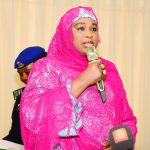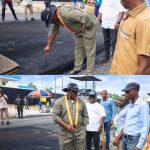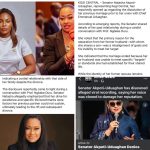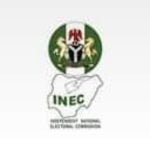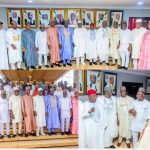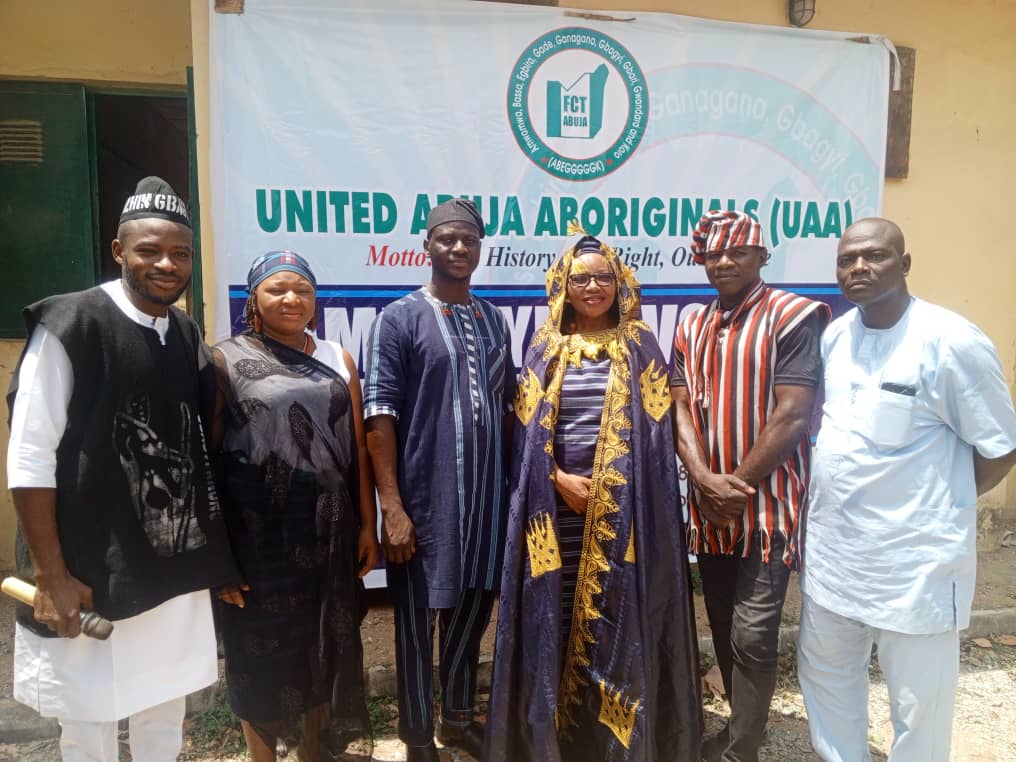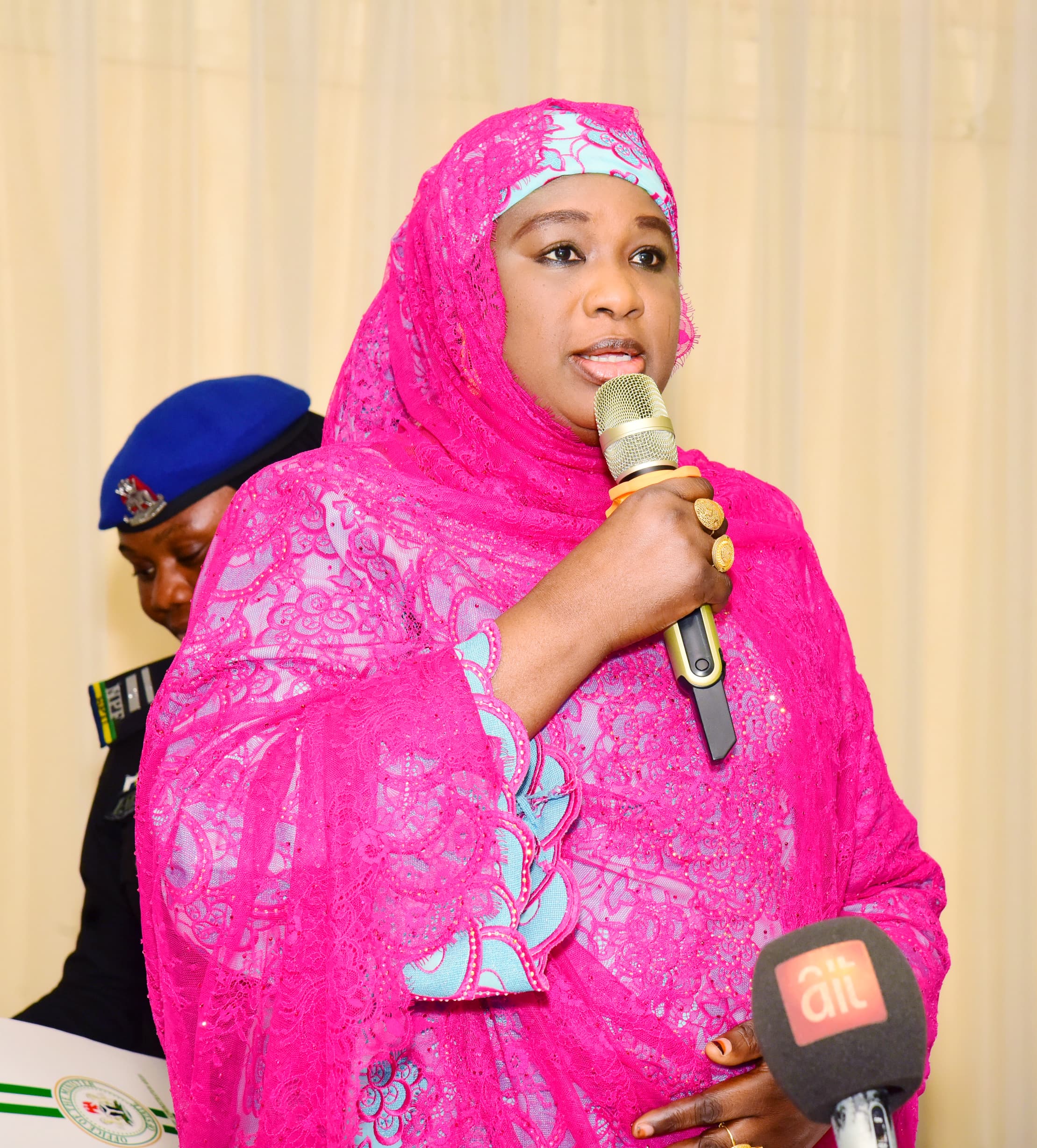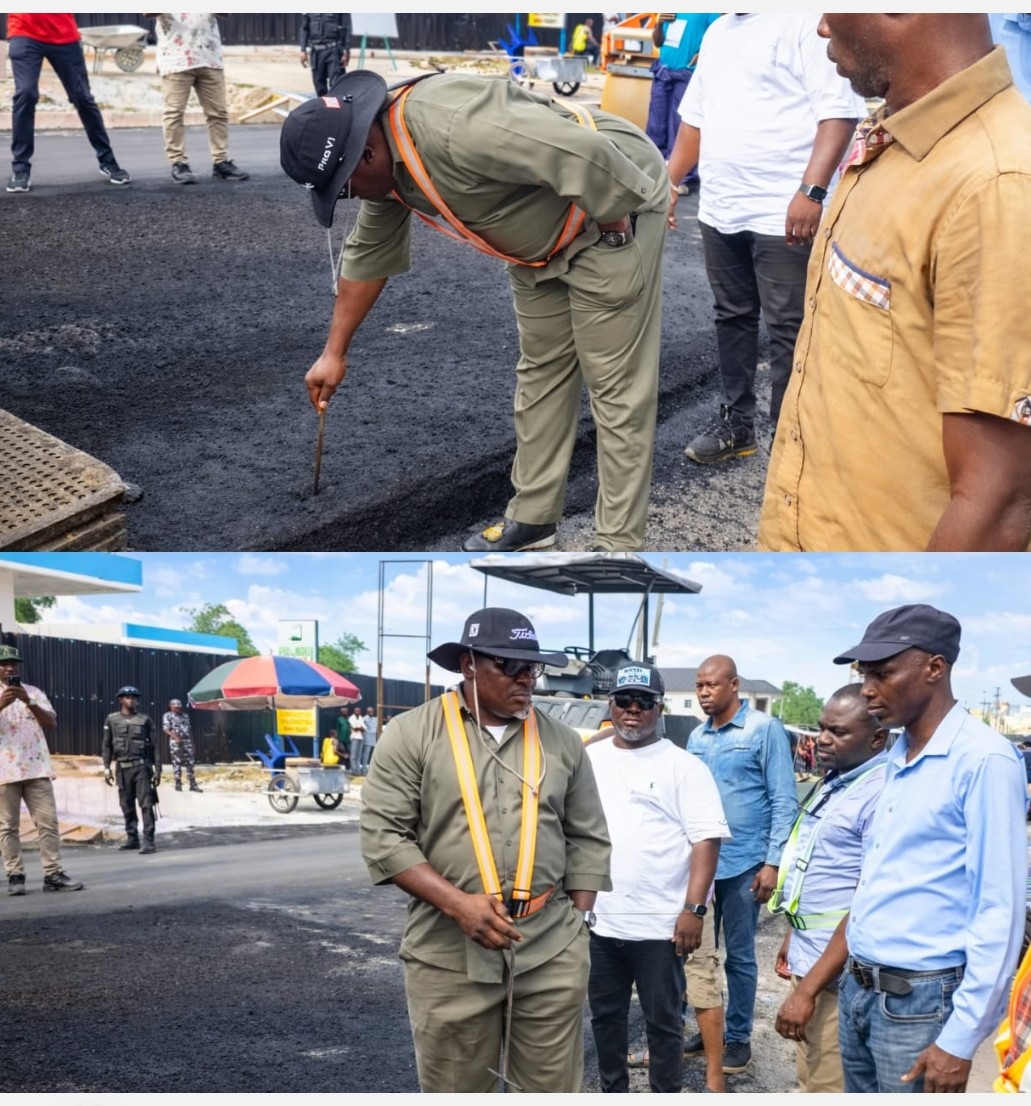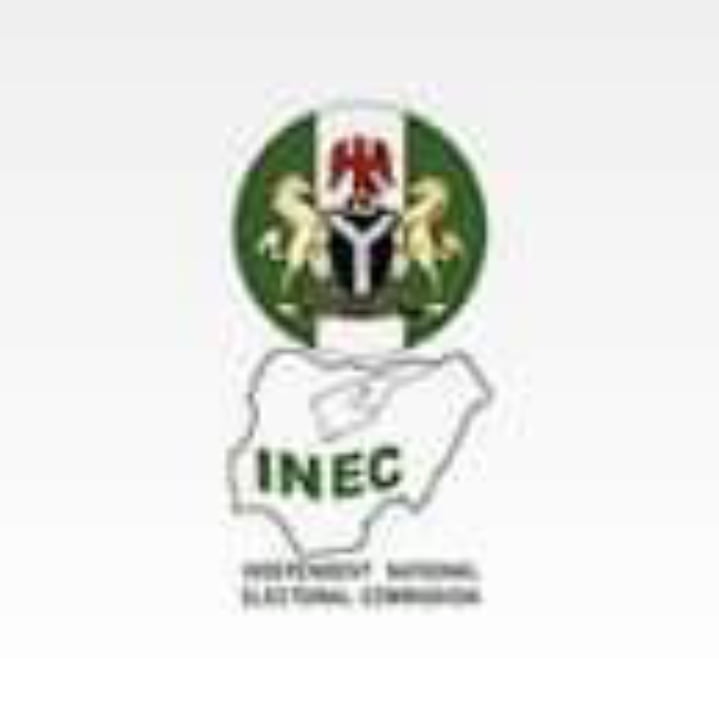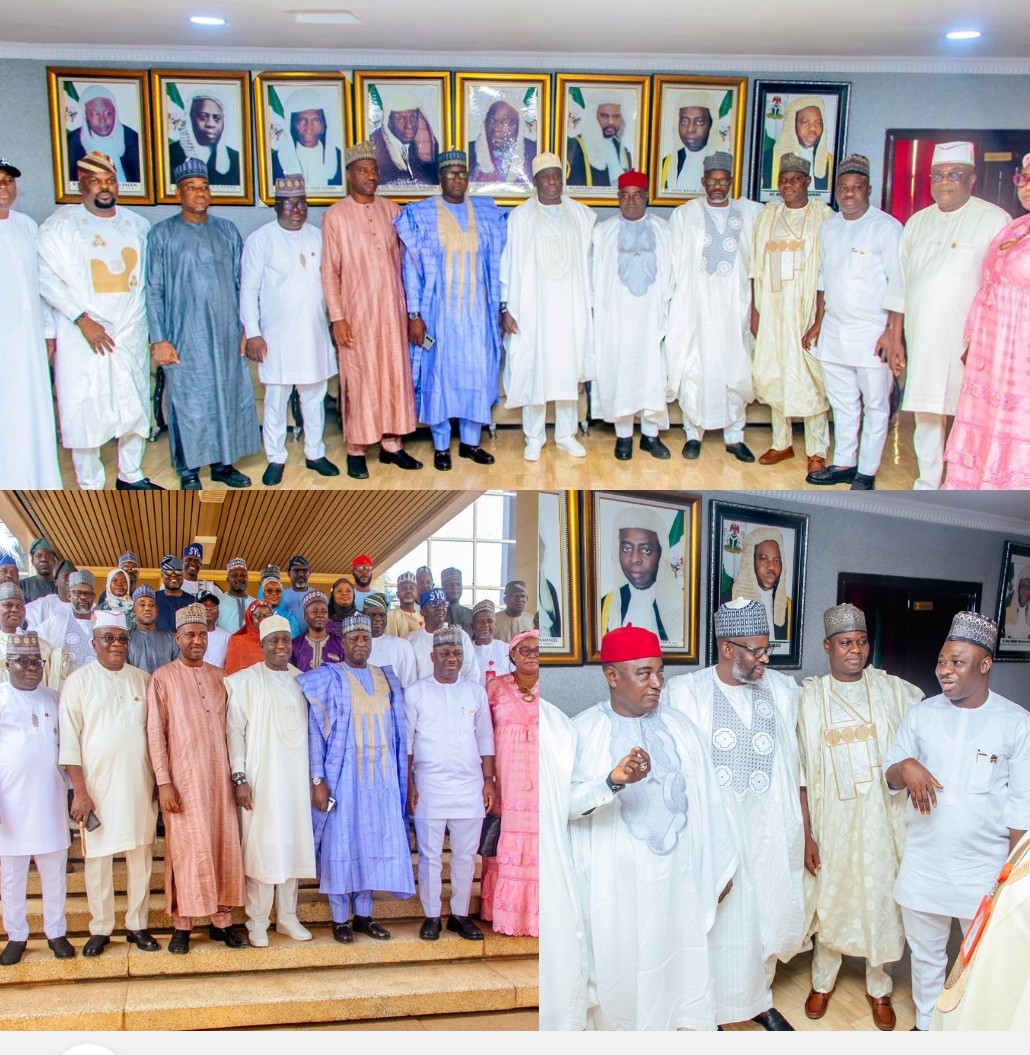Lack of unity responsible for continued marginalization of FCT natives
By Abubakar Sadiq Isah
A human rights activist, Cesnabmihilo Dorothy Aken’Ova, has attributed the continued marginalization of the Federal Capital Territory (FCT) natives by successive government to lack of unity among the nine indigenous tribes in the territory.
Aken’Ova who is also the executive director of International Center for Reproductive Health And Sexual Rights and the presidential aspirant in the 2023 presidential election on the platform of the Social Democratic Party (SDP) stated this at the maiden physical general meeting organized by the United Abuja Aboriginals (UAA) an umbrella body of the indigenous people of the FCT, which held at LEA primary, Gosa in AMAC FCT on Saturday.
She said the systematic marginalization of the indigenous of the FCT by the government over years has continued to create a notion among some Nigerians describing Abuja, as a no man’s land.
She said though, the lack unity among has always been existed in every part of the state in the country, saying those in position of leadership should take responsibility in eliminating those things that cause disunity among the people for the betterment of the society.
She said it was high time for all the nine indigenous tribes, which comprised of Gbagyi, Ganagana, Koro, Bassa, Amuamua, Egbira, Gede, Gbari and Gwandara to come together to speak in one voice and pursue a single agenda in the interest of the future and the unborn generation to come.
She said uniting among the FCT indigenous tribes will address the lingering issue of resettlement, compensation, even as she said it was unfortunate that the natives have been ripped off of their ancestral land and other properties.
She, however, said that it was high time for the FCT to enjoy the state status, saying since the Supreme court judgment over the 2023 presidential election has affirmed FCT as a state, there was the need for the national assembly to recognize FCT as a state.
“FCT deserves to be treated like other states in Nigeria because the Supreme court has already settled that during the judgement on the last 2023 presidential election. We need additional house of representatives, senatorial seats, area councils just like it is operated in other states,” she said.
She said it was unfortunate that children could have access to quality education due to the lingering strike by teachers, adding that 85 percent of women were also marginalized because successive government has refused to them on board.
Also speaking, the leader of the United Abuja Aboriginals (UAA) Hon Prince Danlami John Kaura, a native of Byazhin ward in Bwari area council, said the maiden general meeting was organized in order to bring together all the nine indigenous tribes across the six area councils of the FCT to deliberate and chart a way forward especially the continued marginalization of the natives.
He said since the Abuja was found in 1976, during the military administration late Murtala Mohammed, the original inhabitants have continued to embrace other Nigerians with two hands, but said government has not been able to identified with the aboriginals.
He said despite political appointments that are being given to the natives by the government, which he said was not enough until Abuja is given the state status where the natives can also enjoy what other states in the country are enjoying too.
Kaura, however, said that the coming of the natives together to deliberate with one voice on issues bothering them will address the lingering marginalization by the successive government.
He said it was quite worrisome that some Nigerians tagged FCT as a ‘no man’s land’ despite there are original inhabitants who owns Abuja, saying the coming together of the natives across the nine indigenous tribes to unite will put an end to such perception.
Our correspondent report that over 260 indigenous natives which cut across the nine tribes from the six area councils of the FCT attended the UAA physical maiden meeting, including some village/district heads and community leaders.

